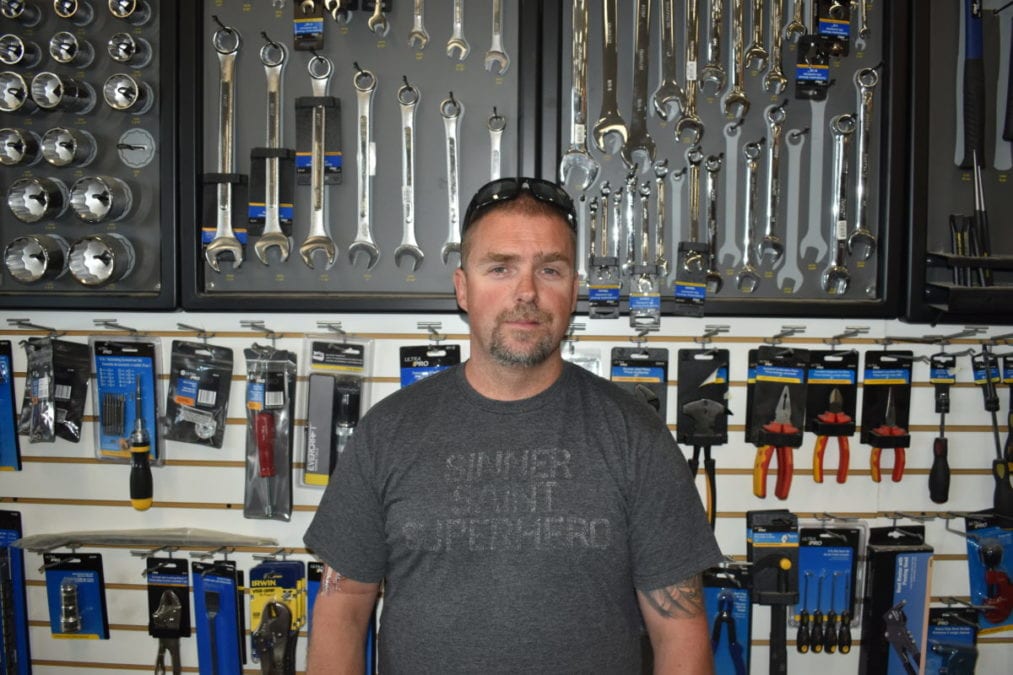The effect of the Covid-19 pandemic on NWT businesses has been mostly negative, but Napa Auto Parts has emerged from the lockdown with its motor revving.
“We’re selling more of everything. We’re basically back to normal now,” said manager Bill Smith.
Like almost all businesses in Yellowknife, activity at Napa slowed down right after the first restrictions were imposed following the NWT’s first confirmed case of Covid-19 on March 21.
That pause persisted for the auto parts shop for a few weeks, when fewer customers were coming in and the store limited the number who could come in. It introduced curbside pickup for people who didn’t want to come inside.
Sales slowed down and customer activity took on a different pattern compared to pre-COVID business.

“People started doing their own work (on their vehicles) because with all of these people laid off from their jobs they had more time to do them,” Smith said.
As foot traffic into the store decreased, demand for a wide variety of items also shrank.
“You lose a lot of your sales when customers don’t come in and see products for themselves. We were only selling them the parts they needed. They only came for that. You do notice a drop in sales. If a customer saw a bottle of freshener or a flashlight they might’ve bought it as well as their main purchase. But it wasn’t that bad.”
Smith managed to avoid laying anyone off and instead reduced working hours to eight per day.
By mid-April sales activity started to return to normal and Smith said the shop’s business is now “as normal as ever,” with working hours also going back to Monday to Friday, 8 a.m. to 6 p.m.
Looking back over the last few months, Napa is in the minority of businesses in the NWT to have landed on its feet after the lockdown’s effects in April and May left 81 per cent of surveyed businesses with “significant revenue decreases”, according to GNWT survey published on July 10.
“I think Yellowknife is such a strong place that we’ll stick together, I do believe,” said Smith.
“I don’t think they’ll let somebody go downhill. Everybody needs vehicles. That’s why we stayed in business.”

